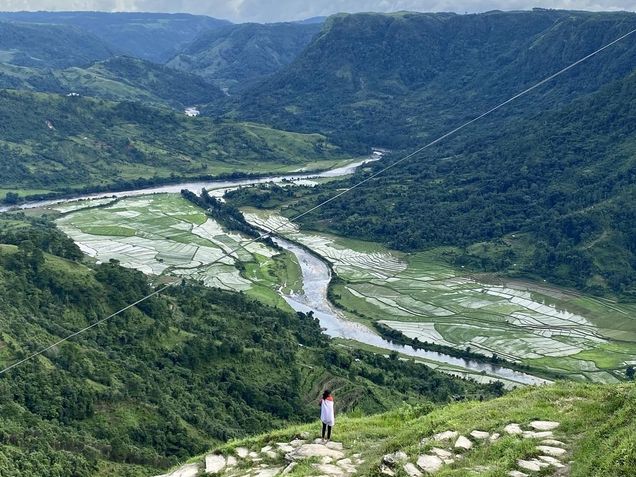Summer in the Field: Women’s Empowerment and Gender Equity in Meghalaya, India

By Anjali Kini
Meghalaya, located in the Northeast of India, is one of the few still existing matrilineal societies in the world.
It is also one of the few states in the country where the sex ratio is not skewed (989 as per the 2011 census and among the highest in the country) and female voters have exceeded male voters in recent elections. The state also records an impressive 3.1 percentage point gap in male and female literacy, the lowest among all the Indian states and a 34 percent Land Holdings With Women, the indicator used to measure women land ownership, the highest among all Indian states.
However, the data does not indicate that the women of Meghalaya are able to exercise decision making power or self-agency. There are no women cabinet ministers and only three women candidates out of 60 in the State Legislative Assembly. To involve women in local governance and thereby enhance their political empowerment, the Government of Meghalaya passed the Reservation Policy for Women in Village Employment Councils (VECs) in 2020.
As part of the Summer in the Field Fellowship Program sponsored by the Boston University Global Development Policy Center, I worked with a research team to analyze the policy, its implementation and implications: did women in positions of leadership in governance translate to and encourage empowerment and gender equity?
We began with trying to define and understand what empowerment meant to the women of Meghalaya. Considering the vast differences between rural and urban areas and its subsequent challenges, we curated a survey to help gauge the impact of the policy on women’s lives at the local level. We made field visits, which proved to be extremely insightful, as we were able to learn from women leaders, understand their experiences in these roles, the challenges they faced and the changes the policy has brought about.
Our research methods involved interviews and focus group discussions and examined key factors such as effect of trainings undertaken, communication and leadership within the community, the number of development projects delegated, levels of confidence and childcare. This data helped us further analyze the gaps that existed in women’s empowerment and where further support is needed at the local and institutional levels.
Some of our findings include a strong, positive perception towards women in positions of power and the impact of support systems on the ability to take on leadership roles. We find that the presence of women leaders enhanced engagement by other women in the communities and improved their willingness to participate and contest for such positions at the local level. As we continue research and build on our analyses during the next semester, our experience in Meghalaya was enriching and transformative, both from a professional and a personal standpoint.
*
Anjali Kini is an MA Candidate in Global Development Economics at Boston University and a 2022 Summer in the Field Fellow. Learn more about the Summer in the Field Fellowship Program.